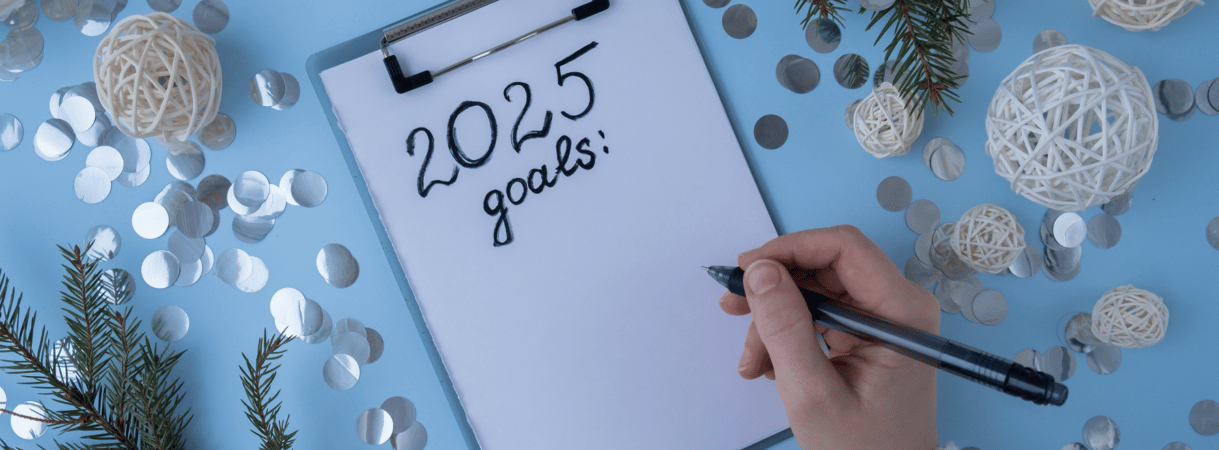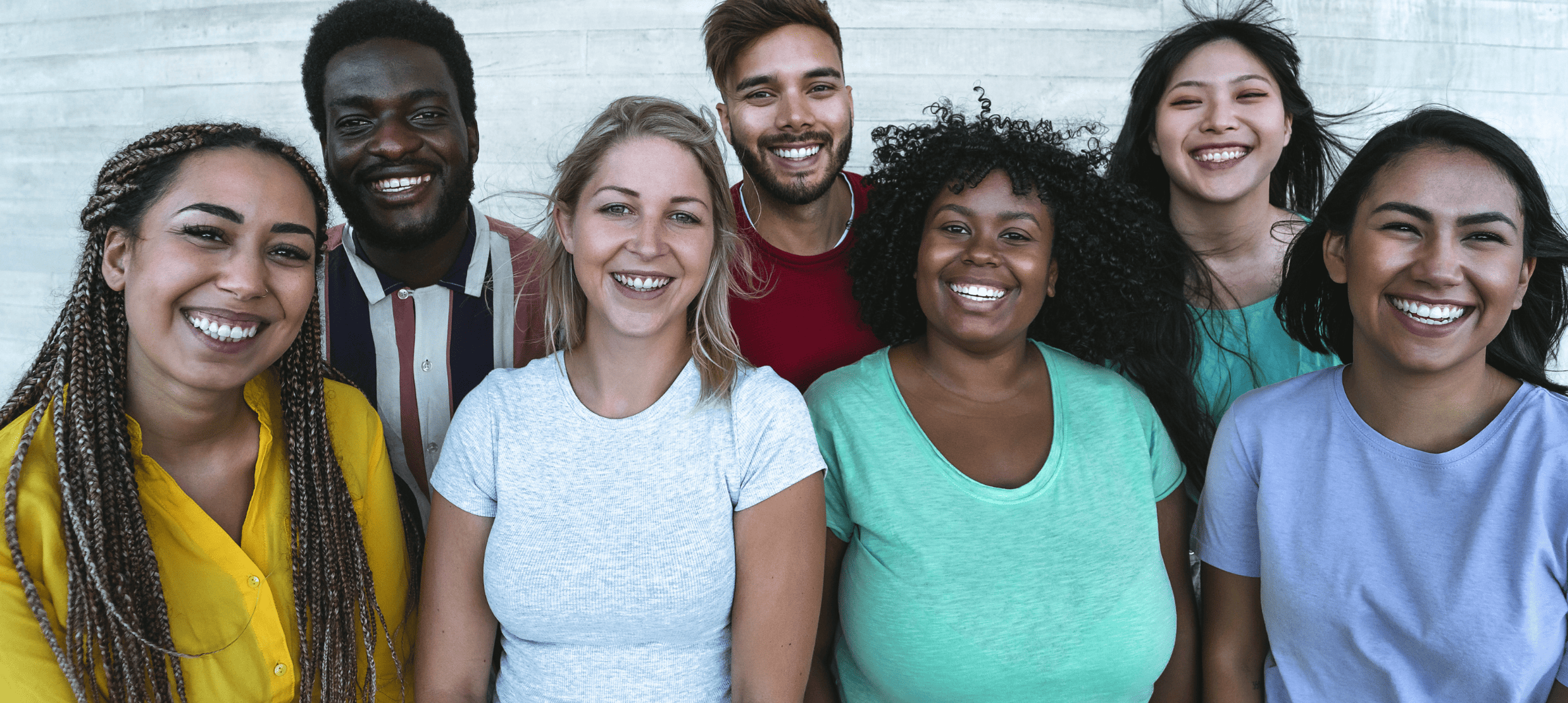“Monthly Matters with Melody” is a monthly advice column by Dr. Melody Moore, a clinical psychologist, yoga instructor and the founder of the Embody Love Movement Foundation. Her foundation is a non-profit whose mission is to empower girls and women to celebrate their inner beauty, commit to kindness and contribute to meaningful change in the world. Dr. Moore is a social entrepreneur who trains facilitators on how to teach programs to prevent negative body image and remind girls and women of their inherent worth. Her work has been featured in the books Yoga and Body Image and Yoga and Eating Disorders: Ancient Healing for Modern Illness, as well as in Yoga Journal, Yoga International and Origin Magazine.
When I see how my clothes fall on me versus how I remember they did when I was at my ideal weight, I am filled with self-hatred. I have gender identity issues to boot and I have focused my hatred on my breasts. Do you think it might be a gender identity issue or a body image issue? Not knowing complicates things for me. Any ideas?
Any time that our internal sense of self is at odds with how we look and/or how others perceive us, there’s a good chance that body image struggles will show up. So although it makes a lot of sense for you to be struggling to separate your gender identity and body image struggles, not only can the two not be easily separated, but the answers you need in order to move forward will likely be interconnected.
I reached out to my friend Teo Drake, a queer and trans spiritual activist, for help in answering your question. He shared with me that it isn’t uncommon for trans and gender nonconforming folks to attempt to be more at ease in their bodies by any means necessary. If being extremely lean provided some relief to you, the next step he suggested is to explore options that will provide similar ease in your own skin but also support your overall health and wellbeing. He says: “Approaching gender authenticity from a place of love and deep intention serves the mutual goal of being at home in one’s own skin and overall wellbeing over the course of a lifetime.”
The place to start is to find a therapist and supportive community that can both support you in finding your authentic gender identity/expression and can also support your healing. I highly suggest that you work with a therapist who is experienced in working with gender authenticity, a term I much prefer to gender identity issues.
Is there a way for you to get yourself into a supportive environment for folks wrestling with gender? Have you heard of the organization Fighting Eating Disorders in Underrepresented Populations (FEDUP). I recommend this resource to you as you continue to seek healing. With these resources, my hope is that you can seek a body presentation that supports your life and creates a sense of overall wellbeing. You deserve to feel self-love and to feel safe and at home in the body that you inhabit.
Every time I look at the mirror I feel different. Sometimes I think I look terrible and sometimes I think I’m fine. I never saw a true picture of myself. I reached the lowest healthy weight about 3 months ago but I think I look so bad. How can I cope with this?
The true picture of yourself that you hope to see is being veiled by the fact that your feelings are what are determining your self-perception. You pointed this out in your question by saying that you feel different every time you look in the mirror, and that your perception ranges from terrible to fine.
What is happening is that your emotional state is driving the ski boat, and your body image is merely hanging on like a skier being pulled by the rope over wakes and through waves. Your emotions are these waves. Otherwise, if your perception was based in reality, you would look the same or similar each time you looked in the mirror.
The good news is that there is a way out of this turmoil. First, understand that your mood is what is determining the image that you see in front of you, not your physical body. Imagine that your negative moods feel like having 3D glasses on, and everything getting bigger and wider when seeing through this lens. Your positive moods are likely allowing you to be more reality based in your perspective of your image. So, when you look in the mirror and see something that feels terrible, look away from your physical image and into your psychology. Ask yourself, “How do I feel? What is going on in my psyche? Where do I feel it? Why?” And then ask yourself, “What do I need? How can I soothe myself?”
As you learn to take care of your emotional self, your body image doesn’t have to be the container for your negative feelings and projections. Over time and with consistency, the image that you see in the mirror becomes one that is a reality-based perception of the way that your physical body looks, without being distorted by your negative emotions looking for a place to be seen and felt.
A version of this piece originally appeared on Proud2Bme.org, NEDA’s website for teens and young adults.





